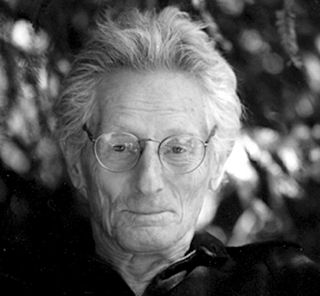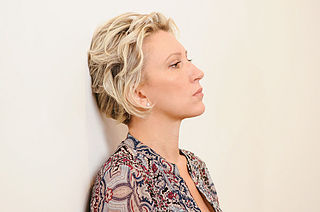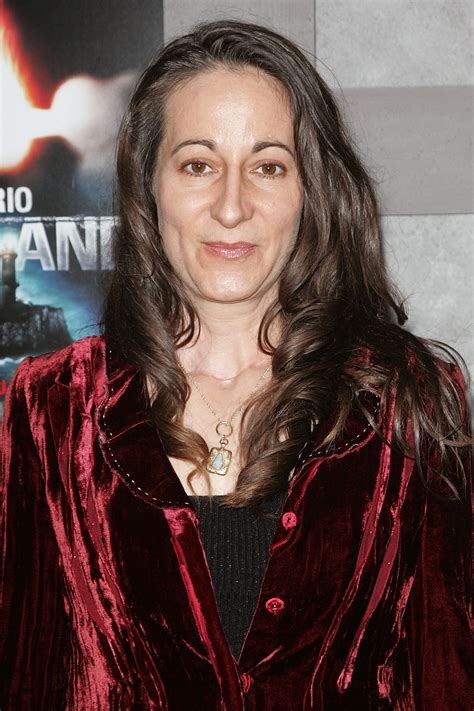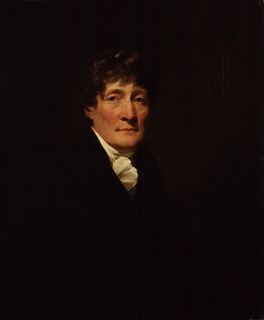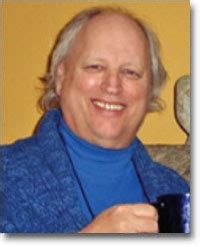A Quote by Donna J. Haraway
It is not just that science and technology are possible means of great human satisfaction, as well as a matrix of complex dominations. Cyborg imagery can suggest a way out of the maze of dualisms in which we have explained our bodies and our tools to ourselves.
Related Quotes
Realizing that our minds control our bodies while our bodies reflect our minds amounts to understanding the most fundamental aspects of ourselves. It further equals a comprehension of the relationship between our "tools." And since the mind and body are interrelated, this understanding makes it easier to see why coordinating them is a practical way of using these tools to greatest effect-a way of using the mind and body to live our lives as art.
Presumably there are energies, to which each human is sensitive, that we cannot yet detect by means of our instruments. Built into our brains and our bodies are very sensitive tuneable receivers for energies that we do not yet know about in our science but that each one of us can detect under the proper circumstances and the proper state of mind. We can tune our nervous systems and bodies to receive these energies. We can also tune our brains and bodies to transmit these energies.
The difficulty in today's world is our technology and science has outrun our theological advances. The reason for that is in technology and science, we have had the courage to ask the single question that theology has been afraid to ask: "Is it possible that there's something I don't know about this, the knowing of which would change everything?"
We are persons whose bodies can be objectively studied according to the impersonal laws of physics but whose minds are subjectively experienced in ways science has not yet been able to fathom. In short, by radically seperating science from religion, we are not merely segregating two human institutions; we are fragmenting ourselves as individuals and as a society in ways that lead to deep, unresolved conflicts in terms of our view of the world, our values, and our way of life.
It was frankly sort of confusing, the way everyone stared at our bodies exactly as they tried to erase the ideas of our bodies from our minds. We were supposed to get over ourselves but no one was supposed to get over us. The female body was our worst handicap and our best advantage - the surest means to success, the surest course to failure.
In my work, I am not attempting to predict the future. I am only pointing out what is possible with the intelligent application and humane use of science and technology. This does not call for scientists to manage society. What I suggest is applying the methods of science to the social system for the benefit of human kind and the environment.
I think we each have a personal sweet spot as well. It's the state of mind in which we experience the most joy and satisfaction in being ourselves. And from that place of pleasure and joy in being ourselves, energy arises to flow out into our day bringing with it the depth and resonance of our own beingness, bringing with it blessing.
My deeply held belief is that if a god of anything like the traditional sort exists, our curiosity and intelligence are provided by such a god. We would be unappreciative of those gifts (as well as unable to take such a course of action) if we suppressed our passion to explore the universe and ourselves. On the other hand, if such a traditional god does not exist, our curiosity and our intelligence are the essential tools for managing our survival. In either case, the enterprise of knowledge is consistent with both science and religion, and is essential for the welfare of the human species.
We must ask whether our machine technology makes us proof against all those destructive forces which plagued Roman society and ultimately wrecked Roman civilization. Our reliance - an almost religious reliance - upon the power of science and technology to forever ensure the progress of our society, might blind us to some very real problems which cannot be solved by science and technology.


